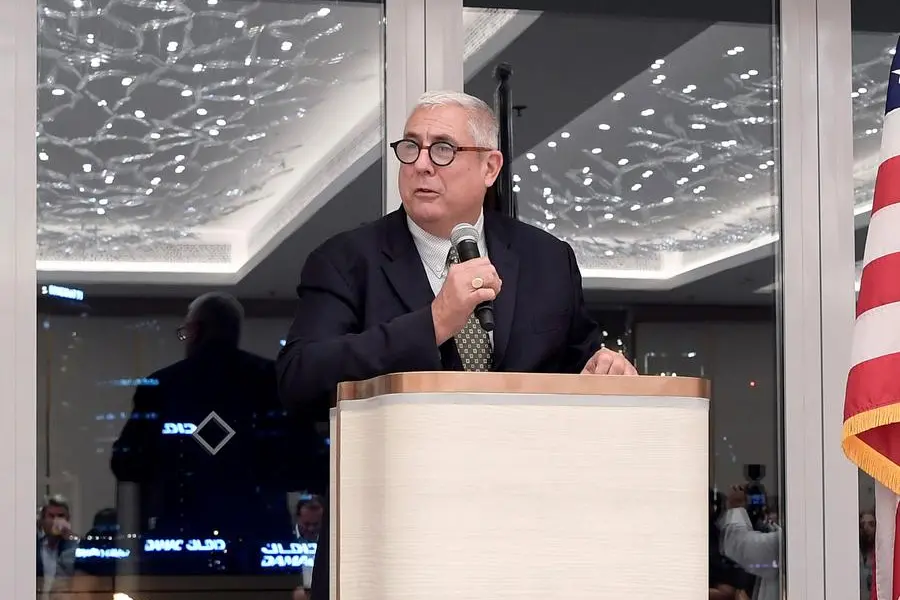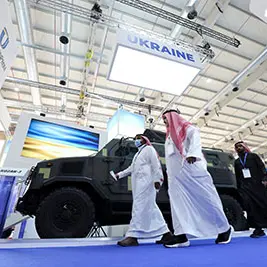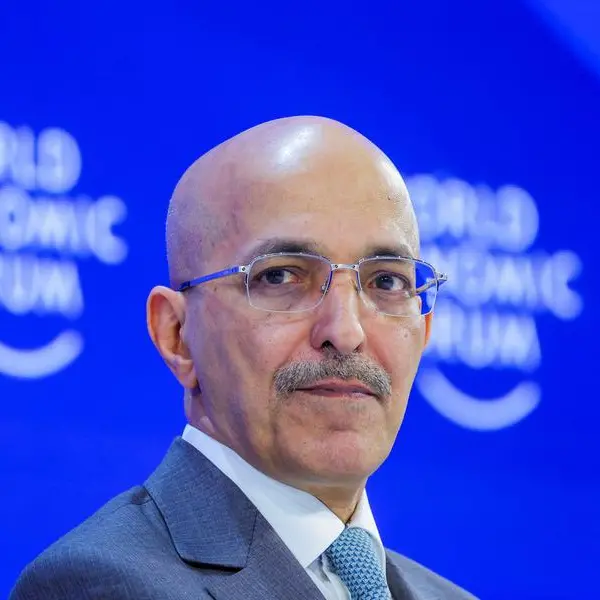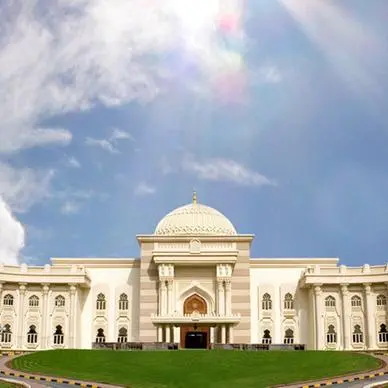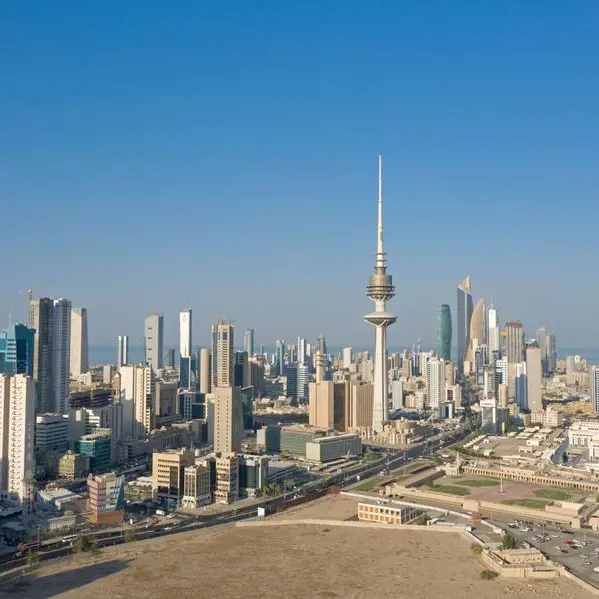PHOTO
ABU DHABI - Danny E. Sebright, President of the US-UAE Business Council, pointed out that enhancing the cooperation between the UAE and the United States will expand and develop the volume of trade exchange and mutual investments.
In an exclusive interview with the Emirates News Agency (WAM), Sebright said, "In 2021, there was over US$25 billion in bilateral trade between the US and the UAE, marking a recovery from a dip during the pandemic.
"The UAE is an important investor in the US economy. Last year, it was estimated that the total 2020 stock of UAE Foreign Direct Investment in the US was $65 billion, of which more than $33 billion are a direct investment."
He noted that with the expansion of opportunities and the strengthening of relations for larger investments, there will be a significant increase in the volume of investments and trade exchanges.
Sebright added that "One of the UAE's sovereign wealth funds, Mubadala Investment Company, has invested over $100 billion alone in the United States. Other UAE. Sovereign wealth funds also have invested heavily in the US over the last 20 years. So have major Emirati companies such as DP World, Gulftainer, First Abu Dhabi Bank, Mashreq Bank, Emirates, Etihad, EGA, Masdar, DP World, and Mubadala."
"In 2020, the total stock of United States FDI in the UAE amounted to $19.4 billion. If you expand the aperture again, the figure is once again larger. One recent example of a US company investing in the UAE is Amazon W Services. Amazon Web Services announced in August 2020 the launch of its second Region in the Middle East, the AWS Middle East (UAE) Region. AWS estimates that its projected spending on the construction and operation of the new Region will support an average of nearly 6,000 full-time jobs annually at external vendors, with a planned $5 billion investment in the local economy through 2036," he elaborated.
Sebright stated that the UAE offers an attractive and integrated investment environment with its advanced infrastructure, its globally competitive export/import sector, and its pioneering logistical services from a strategic geographic location.
"The UAE is already widely recognised by American businesses for these strengths. Another important strength of the UAE is its business-friendly regulatory environment. The UAE has also introduced a series of important new economic and social reforms known as the Projects of the 50 that make the UAE an even more attractive environment to conduct business. These new reforms will help make the UAE not just a regional business hub, but a truly global one," he continued.
The President of the US-UAE Business Council emphasised that the UAE has an ideal location for regional headquarters and hub transshipment facilities, something more than 1,500 US companies have already realised and have set up offices here.
He noted that there is also a tremendous potential for growth of the bilateral relationship, particularly in the areas of healthcare, energy, space, advanced manufacturing, and the digital economy. "These are all key focus areas for the Business Council," he noted.
He said that a major area of focus for the Council, in particular over the next 15 months, is COP 28, adding that the Council will take the lead role of engaging with the US business community ahead of this landmark event.
When asked about how does the Council benefit from bilateral agreements between both countries, Sebright said, "The first example is the UAE and US Open Skies Agreement, signed in 2002, which gives US and UAE carriers equal access to each other's markets, providing greater consumer choice, leading to better service, and supporting over $22 billion in annual bilateral trade. Another example is the December 2009 bilateral agreement for peaceful nuclear energy cooperation called the '123 Agreement,' which has enabled US companies and technology to support the UAE in realising its peaceful nuclear energy ambitions. The Business Council is proud to have played an important role in bringing both these agreements to completion."
He pointed out that a commercial delegation from the US state of Utah visited the UAE last week to discuss establishing new economic partnerships with Emirati companies and enhancing opportunities for future cooperation, explaining that the delegation's visit aimed to create a base for mutual cooperation, with the two sides aspiring for further growth in the Middle East.
The delegation consists of no less than 60 individuals, including 30 businesses. Moreover, it is led by not just the Governor and the First Lady but also the President of the Senate and Speaker of the House, along with businessmen and officials.
